T4K3.news
Gut bacteria linked to insomnia
A large new study finds a link between gut bacteria and insomnia and notes the relationship goes both ways.

A new study links certain gut bacteria to insomnia risk and notes a two way relationship between sleep and the gut.
Gut bacteria tied to insomnia in large analysis
A large analysis ties specific gut bacteria to insomnia risk. The study compiled data from 386,533 people with insomnia and from two microbiome studies totaling 26,548 participants, examining 71 bacterial groups in common. Researchers found 14 groups positively associated with insomnia and 8 negatively associated, with odds changes of 1–4 percent and 1–3 percent respectively. The analysis also shows insomnia affects the gut microbiome, reducing seven groups by up to 79 percent and increasing 12 groups more than fourfold. Odoribacter stood out as a key group; its levels are linked to better gut health and lower inflammation, while lower levels show up in obesity, inflammatory bowel disease, and type 2 diabetes.
Key Takeaways
"The gut and sleep are connected in a two way loop"
A summary of the bidirectional link described by the study
"Diversity in study participants matters and more work is needed before applying findings broadly"
Caution about generalizability
"Probiotics could become part of insomnia care but only after rigorous testing"
Implication for treatment
"This is a promising but early step in a long research road"
Editorial closing thought
The finding reframes insomnia as a body wide issue, not just a brain problem. If the gut helps shape sleep, therapies could shift toward managing microbiome balance as part of care. The study also notes a two way link between sleep and gut bacteria, suggesting future treatments could include probiotics, prebiotics, or fecal microbiota transplantation. However, the claim is early. Correlation does not prove causation, and generalizability is limited by European descent and missing lifestyle factors. More diverse studies are needed before changing clinical practice or drawing broad conclusions about treatments.
Highlights
- The gut might whisper sleep into our nights
- Your sleep could start in your gut
- Bacteria decide when we sleep and when we wake
- The brain and the gut speak the same language on sleep
Study limitations raise generalizability concerns
The study uses participants of European descent and does not fully account for diet or lifestyle factors that shape the microbiome. The link appears correlational, not causal, so it should not be used to prescribe treatments yet.
The next chapters will reveal whether gut health can become part of everyday sleep advice.
Enjoyed this? Let your friends know!
Related News
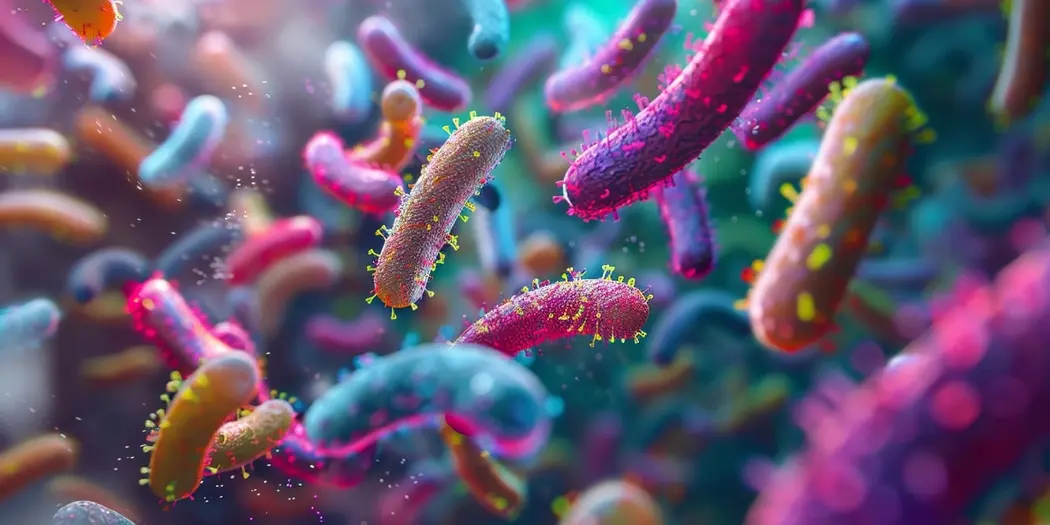
New Study Links Psychiatric Medications to Gut Changes
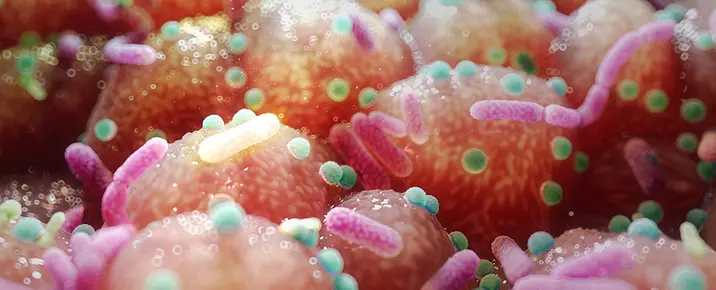
Parkinsons Bacteria Link Points to Vitamin Therapy

Potato guide changes how we think about fries
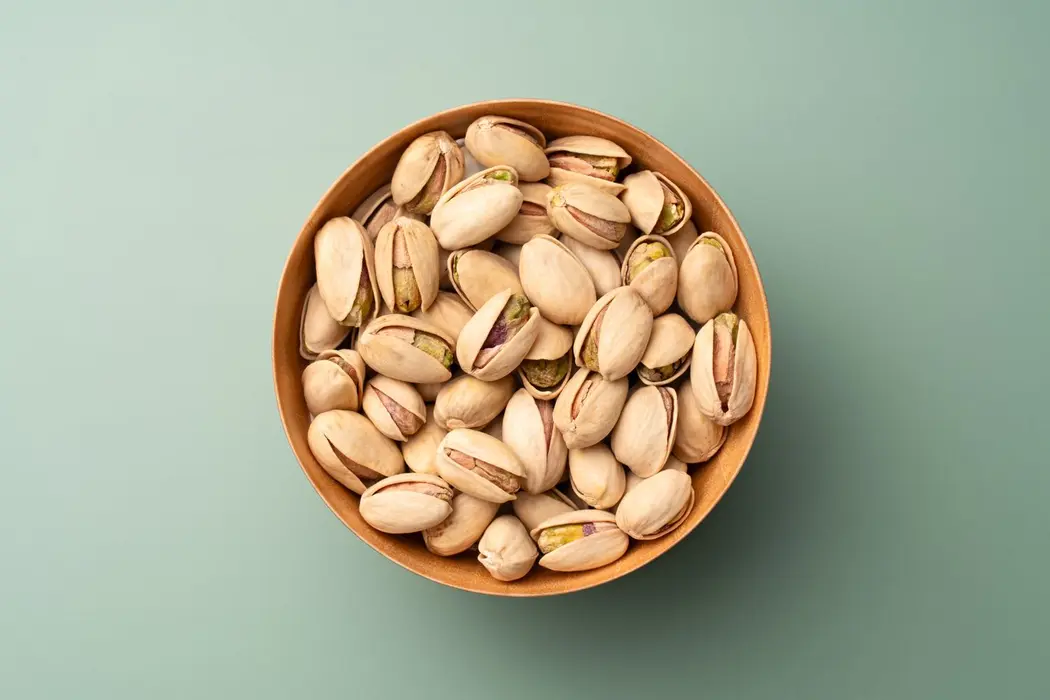
New Study Shows Benefits of Eating Pistachios

Goat Milk Shows Promise for Aging Muscles
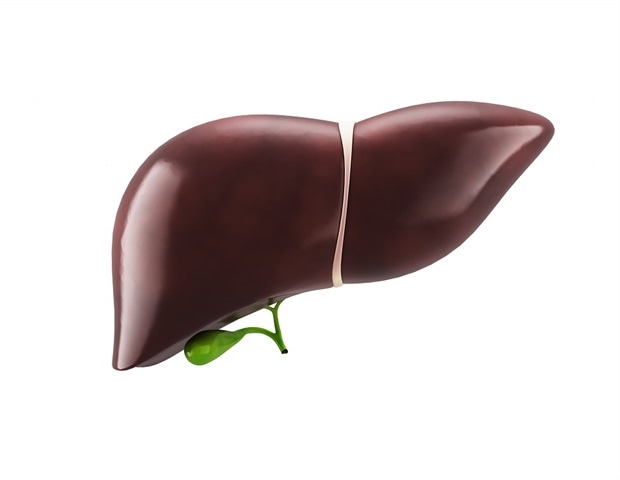
New study links gum disease and liver health

Caffeine intake linked to health benefits and risks
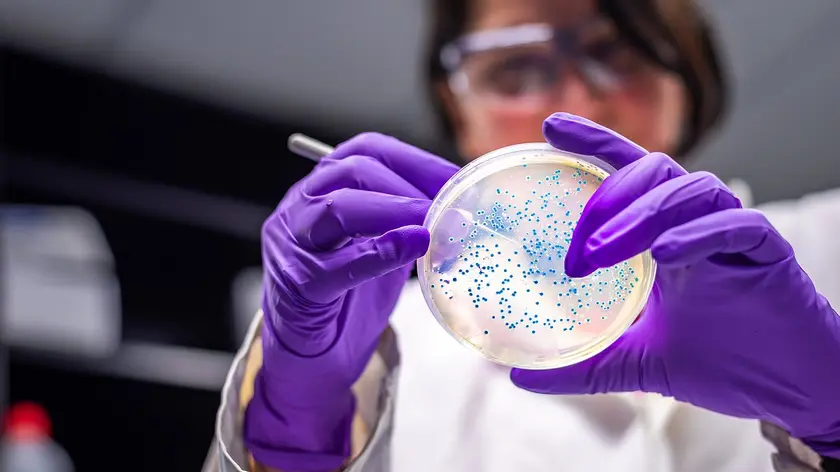
E. coli cases rise sharply in England
